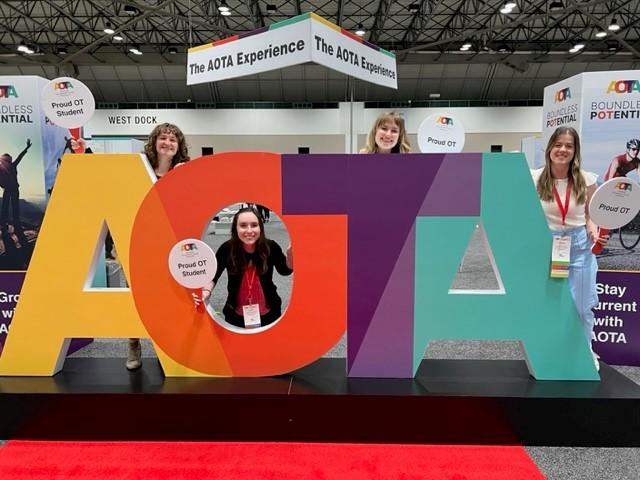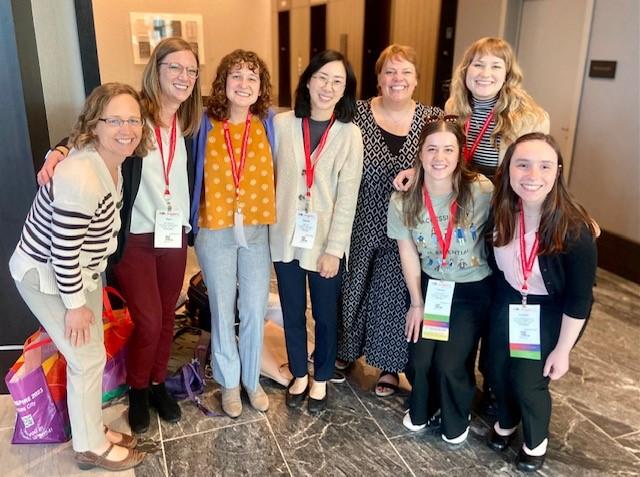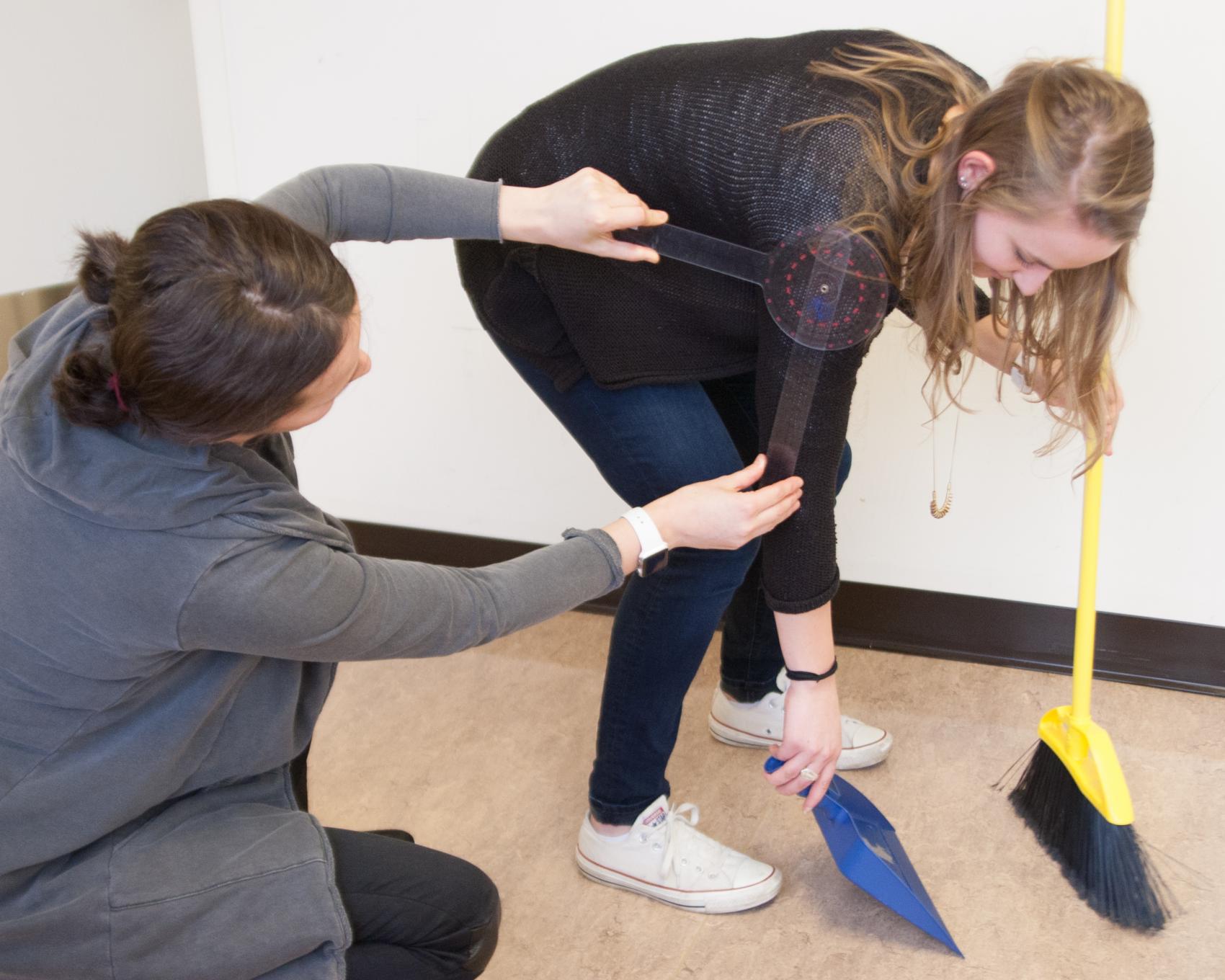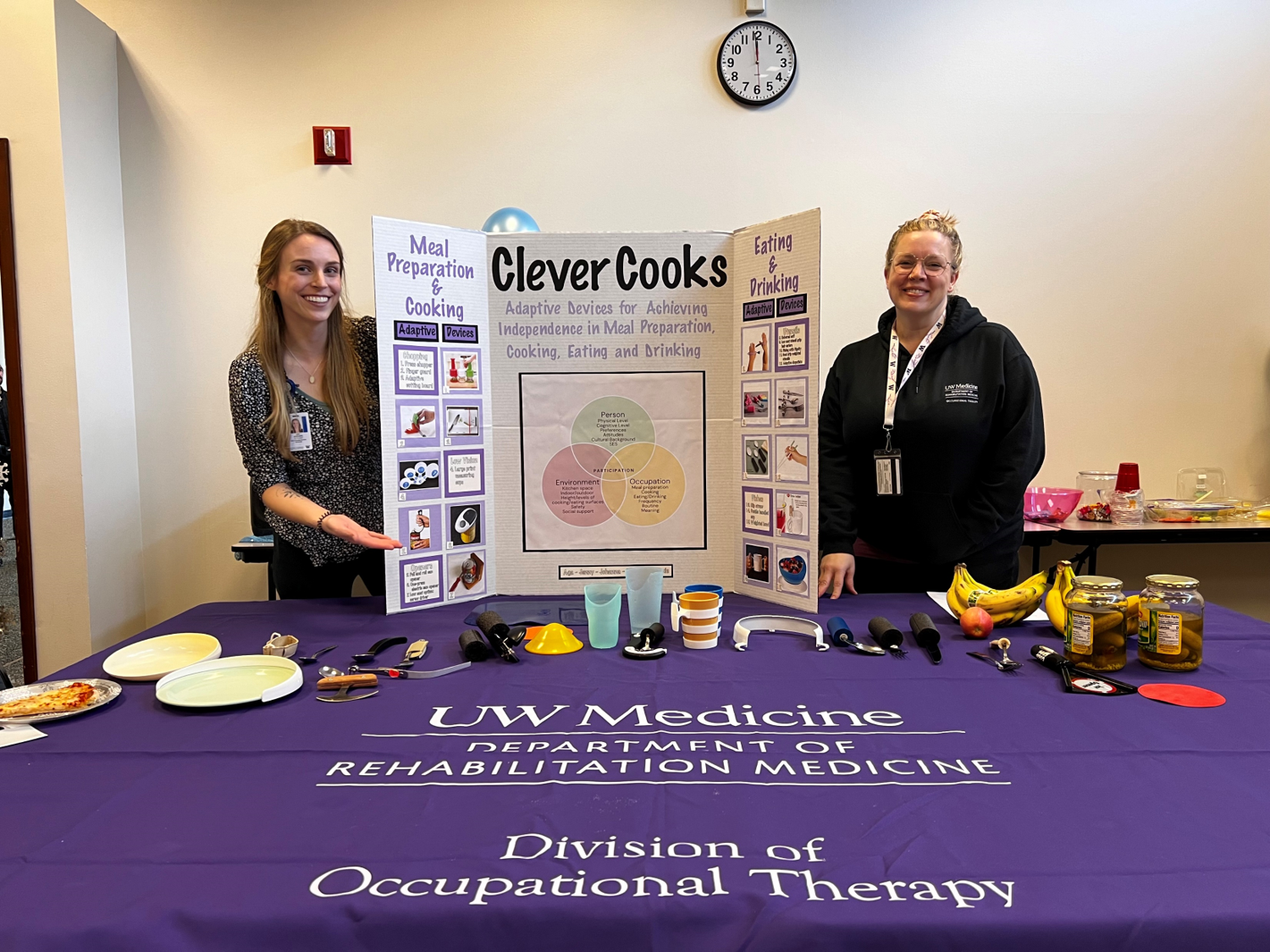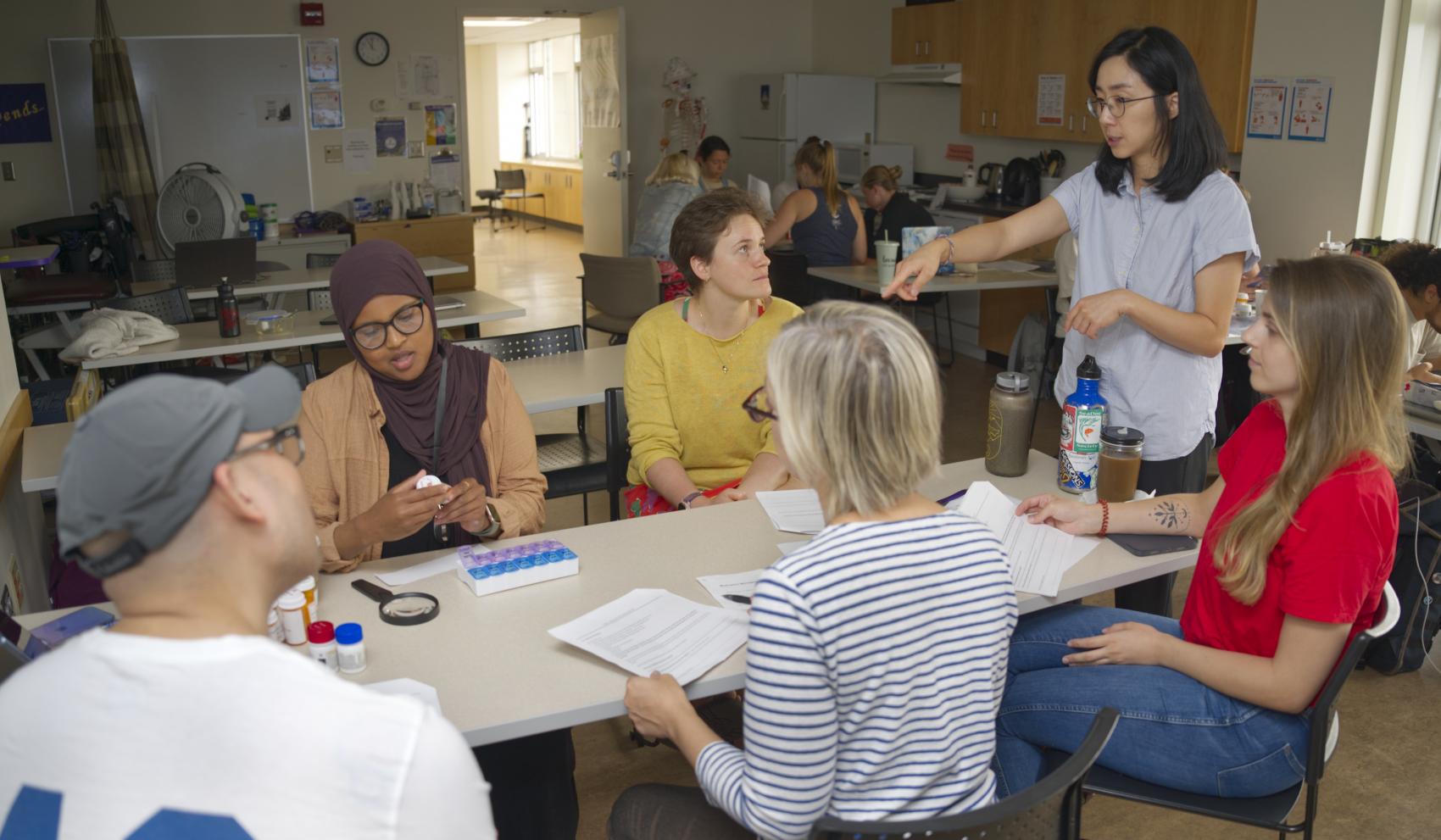
Master of Occupational Therapy

Excellence in Education, Excellence in Practice
The UW Master of Occupational Therapy (UW MOT) degree is a two-year program of rigorous academic coursework integrated with fieldwork education. As an OT program located within the Department of Rehabilitation Medicine, we offer students several unique benefits:
- A 4:1 student-to-faculty ratio: Each of the 24 students we admit per year receives personal attention from expert faculty. Our students develop strong camaraderie with their cohort and work together with faculty and staff to sustain a collaborative Community of Learning.
- An interdisciplinary curriculum that emulates real-world occupational therapy practice: Our students have the opportunity to take required and elective coursework with students from other health disciplines.
- Authentic, immersive community-based Clinical Learning Experiences: In addition to their fieldwork education, our students engage with clients in real-life settings through course assignments and a year-long Graduate Capstone Project where they work in small groups to develop and implement programs in response to community needs.
- Automatic qualification for Educational Staff Associate (ESA) Certification: Our graduates qualify for ESA Certification in the State of Washington so they can take jobs working with children in the public school system with no additional training.
Our graduates are eligible to take the National Board for Certification in Occupational Therapy (NBCOT) exam*. After successful completion of this exam, the individual will be an Occupational Therapist, Registered (OTR). In addition, all states require licensure in order to practice; however, state licenses are usually based on the results of the NBCOT Certification Examination.
*A felony conviction may affect a graduate’s ability to sit for the NBCOT examination or attain state licensure. An individual who is considering entering, or who has already entered, an occupational therapy educational program can have their background reviewed prior to actually applying for the exam by requesting an Early Determination Review. Each early review case is reviewed on an individual basis. After NBCOT has completed its review, the individual is notified in writing regarding whether he/she will be eligible to sit for the NBCOT exam, provided all eligibility requirements are met.
The University of Washington Division of Occupational Therapy is currently in Applicant status with ACOTE, our accrediting body, as we explore a possible transition from an entry-level master of occupational therapy (MOT) program to an entry-level doctorate (OTD). Updates will be posted as they are made available.
ACOTE Accreditation Status
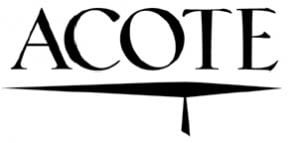
The entry-level occupational therapy master’s degree program is accredited by the Accreditation Council for Occupational Therapy Education (ACOTE) of the American Occupational Therapy Association (AOTA), located at 6116 Executive Boulevard, Suite 200, North Bethesda, MD 20852-4929. ACOTE’s telephone number c/o AOTA is (301) 652-AOTA and its web address is www.acoteonline.org.
Accreditation through this national professional organization ensures that our graduates meet the national standards to become highly skilled occupational therapists. Our program received a 10-year re-accreditation in 2022. Annual written reports for the program are submitted to ACOTE every year. The next full accreditation self-study report and on-site accreditation visit will be held in 2031-32.
MOT Student Outcomes
We have a 100% graduation rate. During the last 3 academic years of 2020-21 through 2022-23, every one of the 72 students (100%) enrolled in our program graduated. An academic year begins in Autumn Quarter and ends with Summer Quarter.
| Academic Year | Number of Graduates | Graduation Rate |
| 2020-2021 | 25 | 100% |
| 2021-2022 | 24 | 100% |
| 2022-2023 | 23 | 100% |
| 3 Year Total | 72 | 100% |
During the calendar years of 2021, 2022, and 2023 of the 73 students that took the NBCOT exam 100% passed the exam. Certification exam results can also be found on the NBCOT website.
| Calendar Year | Number of graduates who took the NBCOT exam | Number of graduates who passed the NBCOT exam | Percentage of graduates who passed the NBCOT exam |
| 2021 | 25 | 25 | 100% |
| 2022 | 25 | 25 | 100% |
| 2023 | 23 | 22 | 96% |
| 3 Year Total | 73 | 72 | 98% |
Curriculum Summary
The UW Master of Occupational Therapy (UW MOT) degree is a 9-quarter lock-step program that begins in Autumn Quarter. The first 7 quarters of coursework are followed by 6 months of full-time Fieldwork II clinical placements. We focus on preparing graduates for the complexity of occupational therapy practice through didactic coursework and authentic, immersive Clinical Learning Experiences in the community. View the course plan in the MOT curriculum summary.
Year 1
First-year students focus on the foundations of occupational therapy, the therapeutic analysis of activities and occupations throughout the lifespan, the process of occupational therapy service delivery, and therapeutic communication groups. They also learn applied human sciences such as functional anatomy and neurobiology.
Year 2
In the second year, students learn occupational therapy theory and practice in mental health, physical disabilities, pediatrics and geriatrics through academic coursework integrated with 4 weeks of full-time community-based Fieldwork I and other Clinical Learning Experiences.
Clinical Learning Experiences
Our philosophy is that clinical skills are best refined through working with real clients in real-world environments. We provide a variety of immersive Clinical Learning Experiences in the community in addition to typical classroom-based labs and simulations. Students gain real-world practical experience outside the classroom and develop clinical reasoning and technical skills through course-related assignments, the Graduate Capstone Project, and Fieldwork Levels I and II.
Course Assignments
At least one course per quarter includes a structured Clinical Learning Experience assignment. These assignments are designed to build on each other throughout the program. For example, to master clinical interviewing skills, students first interview a resident at a local retirement facility to build an occupational profile. They continue to refine this skill by interviewing parents as part of a pediatric assessment, and consumers who use assistive technology in everyday life. More examples of structured Clinical Learning Experience assignments:
- Focused treatment observation and analysis
- Standardized test administration
- Transfer training
- Client assessment and treatment
- Community site usability evaluation
- Home accessibility assessment
Graduate Capstone Projects
Second-year students apply their scholarship to real-world practice settings through collaborative Graduate Capstone Projects. The Graduate Capstone Project combines an in-depth clinical learning experience with an opportunity to give back to the community through service learning. The projects extend over four quarters. Students write a scholarly paper, design a professional poster, and present their projects at the annual UW MOT Graduate Symposium. Each team is guided by a faculty advisor and one or more community mentors. Every year, several students present their projects at local, state, and national conferences.
Fieldwork Levels I and II
Fieldwork is the occupational therapy term for clinical education that is required under national accreditation standards. It includes Fieldwork I and Fieldwork II. Fieldwork II always occurs in community settings. The accreditation standards for Fieldwork I placements, however, allow for a variety of clinical experiences including classroom-based simulations and labs.
Students in the occupational therapy program comply with the requirements detailed in the University’s affiliation agreements with clinical sites, and as required by the UW School of Medicine, regarding the completion and documentation of immunizations. These are in accordance with recommendations by the Centers for Disease Control and Prevention for healthcare personnel and requirements for the UW School of Medicine. Additionally, students must pass criminal background checks before and during the program and in compliance with the University’s affiliation agreements with clinical sites.
Fieldwork Level I
There are four Fieldwork I experiences in the program at a community setting under the supervision of an occupational therapy practitioner or other health professional. Each placement is linked to a theory and practice course in mental health, physical disabilities, pediatrics, and geriatrics. We integrate this real-world practical experience in the field into core coursework through assessment reports, treatment planning, documentation notes, and class discussions.
Fieldwork Level II
There are two full-time Fieldwork II experiences which take place the last two quarters of the program. Each Fieldwork II experience is 12 weeks long. These placements occur at two clinical sites under the supervision of occupational therapy Fieldwork Educators. During each placement, the student gradually assumes full responsibilities for a client caseload. By the end of each experience, students have the skills necessary to work as an entry-level occupational therapist in that practice setting. In our program, one Fieldwork II placement must be in physical disabilities. The other is the student’s choice between mental health, pediatrics, or geriatrics.
Graduate Capstone Projects
Second year students apply their scholarship to real world practice settings through collaborative Graduate Capstone Projects. Students work in small groups with a community partner to address a program development, education, or advocacy need and then present their projects at our annual symposium.
Community Engagement
Faculty Research
Since 2018, our faculty have served as key investigators on research grants from national agencies totaling more than $19.25 million. We conduct cutting-edge research that addresses multiple conditions across the lifespan at the individual, community, population, and policy levels through collaborations within and beyond the University of Washington. Areas of faculty research include:
Person-Focused Research
Don Fogelberg studies the prevalence and impact of sleep disturbances in people with central nervous system injuries or disorders, including spinal cord injury, multiple sclerosis, traumatic brain injury, and Parkinson Disease. Dr. Fogelberg was interviewed about his sleep research.
Tracy Jirikowic has conducted multiple studies that examine sensorimotor assessment, intervention and functional performance in children with neurodevelopmental disabilities with an emphasis on children with fetal alcohol spectrum disorders.
Organization-and Community-Focused Research
Tracy Jirikowic has led two recent projects that established a patient-centered outcome research network to address the environmental and social barriers to community participation for individuals with intellectual and developmental disabilities and their families. Funded by the Patient-Centered Outcomes Research Institute, this work builds on a number of MOT Graduate Capstone Projects.
Danbi Lee focuses on community-based and participation-centered intervention and outcomes studies informed by qualitative research with people with disabilities. She has conducted single- and multi-site clinical trials that examine the effects of self-management interventions on health, quality of life, and community participation outcomes of people with stroke and other disabilities.,
Policy-Focused Research
Tracy Mroz studies the impact of policy and delivery systems on access to and quality of post-acute care, including an examination of the quality of rural post-acute care for Medicare patients and a comparison between community-entry and post-acute home health for rural Medicare beneficiaries as an investigator with the WWAMI Rural Health Research Center. She also collaborates with the UW Center for Health Workforce Studies to research the therapy workforce in skilled nursing facilities and occupational therapy as part of the behavioral health workforce.
Danbi Lee conducts studies exploring disability-related diversity, inclusion, and equity issues within healthcare and health workforce education. She studies the integration of disability studies within occupational therapy practice and education in collaboration with the Occupational Therapy and Disability and Studies Network. She also collaborates with the UW Center for Health Workforce Studies to research inequitable care based on race and disability and experiences of the home care workforce.
Regional Engagement
Our faculty and students engage with the community through volunteer work and service learning in keeping with the mission of the University of Washington as a public institution.
Interdisciplinary Health Fairs
Students have opportunities to volunteer at various Health Fairs around the Seattle Metro Area, some targeting specific underserved populations. Education and screenings provided can include: developmental screening for infants and children, ergonomics in the workplace to prevent injuries, use of adaptive equipment to complete activities of daily living, and fall prevention training.
Sensory-Friendly Performances at Seattle Children’s Theater
Throughout the year, our students volunteer as ushers during sensory-friendly performances at the Seattle Children’s Theater. These performances emerged from a previously-completed Graduate Capstone Project. Students help families find seats that meet their needs, lead children to quiet booths if they need a break, and answer questions about the sensory-friendly experience.
Adaptive Yoga at Adaptive Yoga Northwest
During adaptive yoga sessions for people with mobility restrictions, student volunteers help class attendees move their bodies into and maintain different yoga poses.
Student-Led Community Projects
Each year, our students complete community-based Graduate Capstone Projects developing innovative approaches to needs identified by members of the local community. Many of these projects create long-term change in our region. Recent examples include A Pacific Science Center Visit Guide for Families with Children with Autism Spectrum Disorder and Arthritis-Friendly Trails at Seattle Parks and Recreation.
For Fieldwork Educators
Community Fieldwork Educators offer our students the benefit of their expertise and the opportunity to receive supervised hands-on training. In return, the experience of supervising a future occupational therapist offers Fieldwork Educators access to current practice trends and cutting edge research. Read more about the value and purpose of fieldwork from the American Occupational Therapy Association (AOTA).
Fieldwork I Educator Resources
- Level I Fieldwork (AOTA) describes the experience, offers guidelines, and sample evaluation forms for educators
- UW Level I Fieldwork Sequence and Objectives describes how we prepare our students for their Level I fieldwork experience and outlines the responsibility of the Fieldwork Educators
Fieldwork II Educator Resources
- Level II Fieldwork (AOTA) describes the experience, offers guidelines, sample evaluation forms for educators, and an official position paper
- UW Fieldwork II Roles and Responsibilities describes in detail the responsibilities of the Fieldwork Educator, the Academic Coordinator, and the student
- OTA and OT Aide Supervision Overview
- UW Level II Fieldwork Objectives
Advisory Board
The Occupational Therapy Program Advisory Board ensures that our program continues to offer students the most relevant coursework informed by current best practices in occupational therapy. Each member contributes a unique perspective on the evolving trends and challenges in clinical practice. They assess program effectiveness, guide quality improvement, and strengthen ties between our program and the broader occupational therapy community.
- Carlos Alaniz, OTR/L
- Director, Providence Sound Hospice
- Anne Brandjord, MOT, OTR/L
- Occupational Therapist, Rehab Care Services, VA Puget Sound Medical Center
- Katie Coddington, MOT, OTR/L
- Occupational Therapist, Mary Bridge Children's Hospital
- Abigail Cooper, MS, OTR/L
- Occupational Therapist, Downtown Emergency Services Center
- Dottie Handley-More, MS, OTR/L, SCSS, FAOTA
- Occupational Therapist, Highline Public Schools
- Vanessa Igelsrud, MOT, OTR/L
- Occupational Therapist, Muckleshoot Early Learning Programs
- Kathy Kannenberg, MA, OTR/L, CCM
- Occupational Therapy, Behavioral Health & Rehabilitation, Harborview Medical Center
- Teresa Quinlan, COTA/L, CLT
- Occupational Therapist, Providence Home Health, Snohomish County
- Alice Ragan, OTR/L
- Occupational Therapist, University of Washington Medical Center
- Madelaine Stoer, MS, OTR/L
- Inpatient Cancer Care Therapies Supervisor, Occupational Therapist and OT Clinical Fieldwork Coordinator, Seattle Children’s Hospital
- Lauri Warfield-Larson, OTR/L
- NHA Chief Operating Officer, Horizon House
- Lenny Weld, MOT Student
- University of Washington
- Mollie Yates, OTR/L
- Occupational Therapist, Swedish Edmonds
Janet M. Powell Alumnus of the Year Award
The Janet M. Powell Alumnus/a of the Year Award recognizes outstanding alumni from one or more of the University of Washington Division of Occupational Therapy entry-level and advanced degree programs who have made significant contributions to the field of occupational therapy. The Advisory Board selects the recipient each year and the recipient speaks at the annual graduate symposium and pinning ceremony. If you would like to nominate someone for this award, email ot@uw.edu.
2023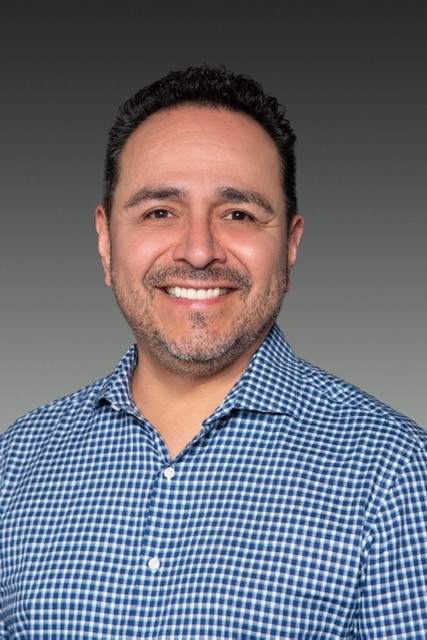 | Carlos Alaniz (BS, 1995)Carlos was recognized for his achievements and contributions to advancing OT clinical practice in hospice care and advocacy for OT's role in end of life care. In 1989, he was honorably discharged from the US Army and graduated from the University of Washington in 1995 with a Bachelor of Science in Occupational Therapy. Carlos’s career included being a faculty member and fieldwork coordinator for the OTA program at Lake Washington Technical College as well as a regular guest lecturer for the UW MOT program. Most recently, he was the community mentor for a successful UW MOT Graduate Capstone Project. Carlos’s expertise comes from having worked twenty-five years in clinical care and having held leadership and management roles primarily in skilled nursing facilities and community-based care. He has been the director of Providence Sound Hospice since 2020 and awarded the Providence Values in Action Award in 2022. |
2022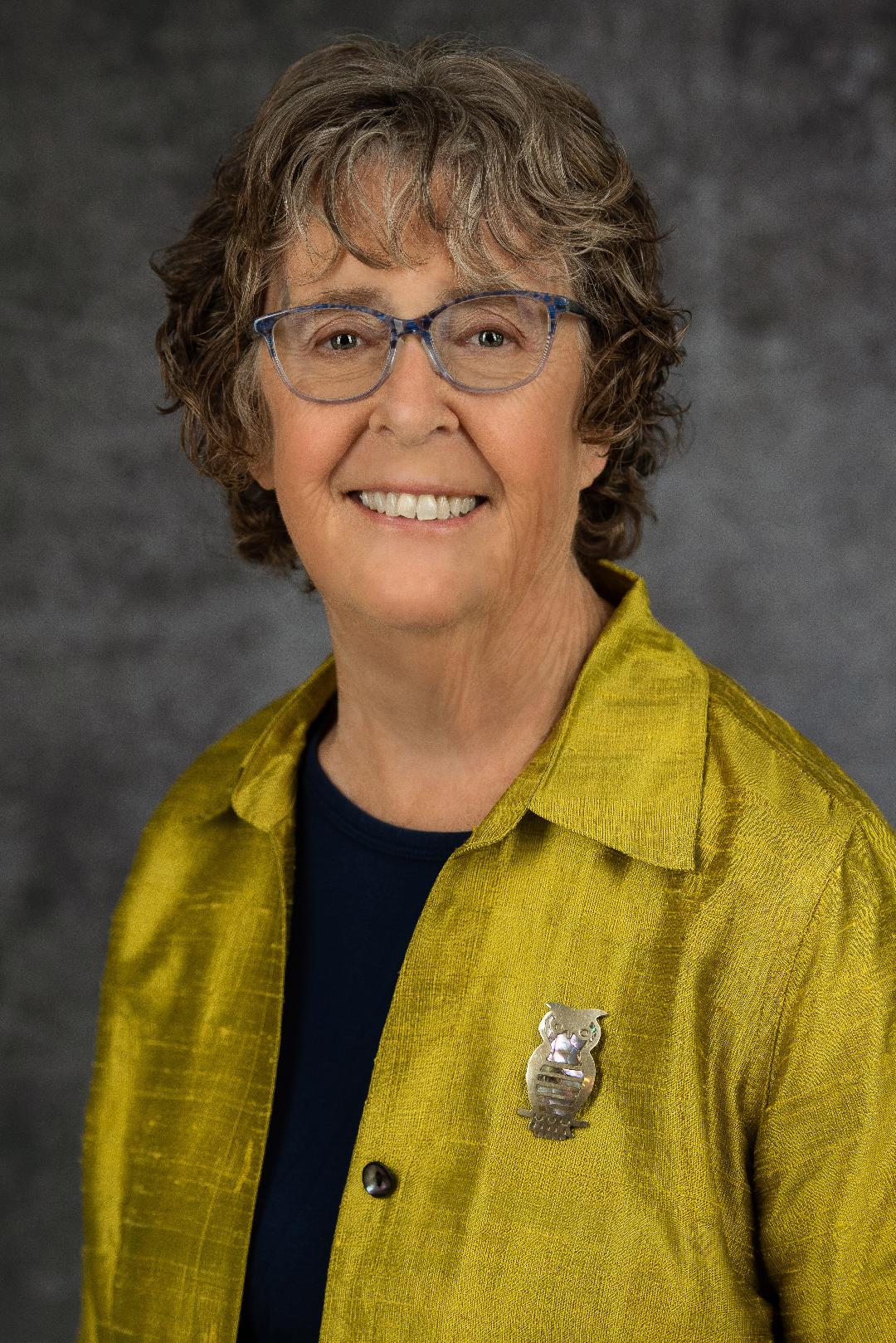 | Beverly Bell (BS, 1973)For her many years of public health service and co-authoring the Klein Bell Activities of Daily Living Scale. |
2021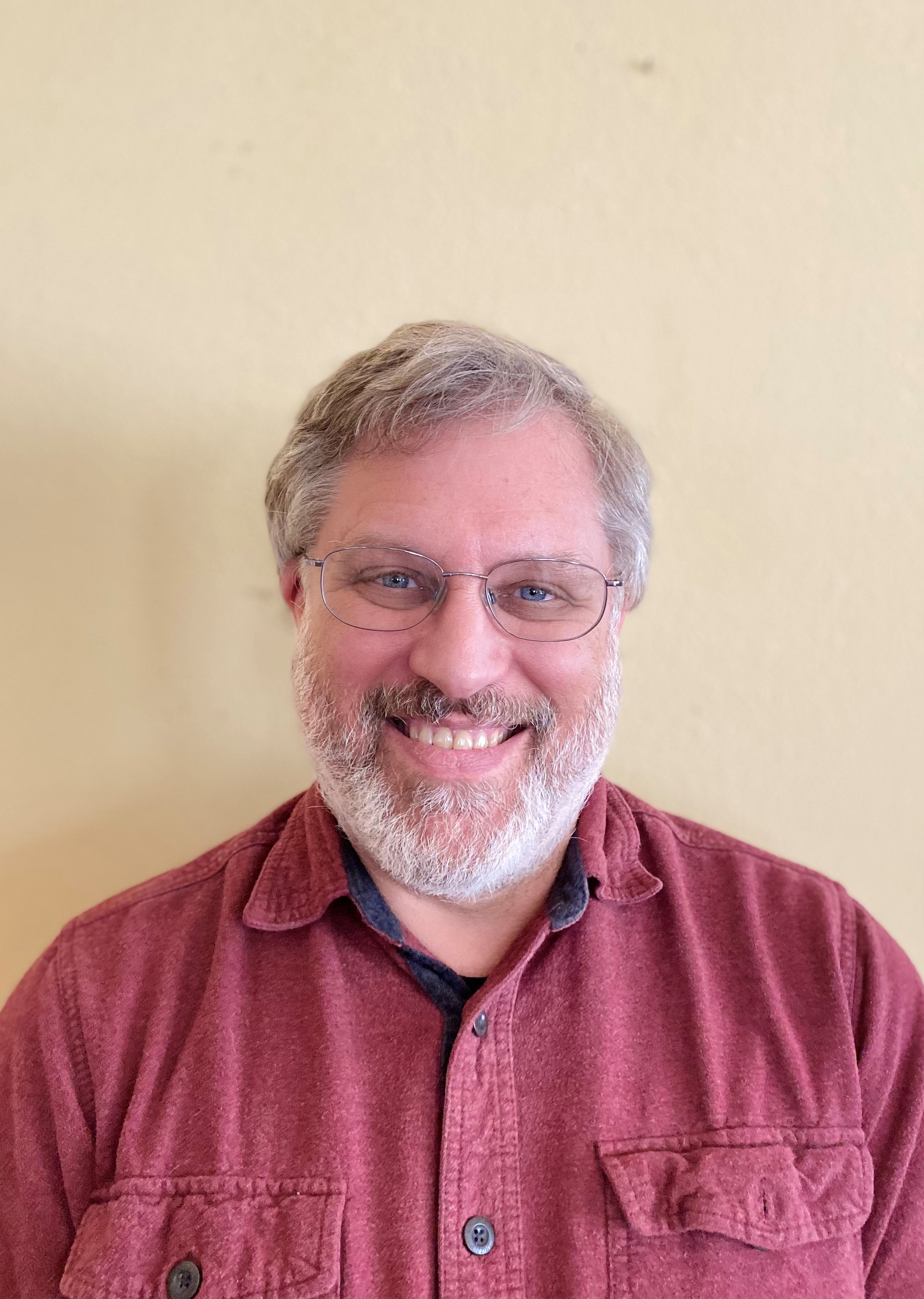 | Todd Lefkowicz (MOT, 2001)For his international work and service in relation to wheelchair technology access, occupational justice, and for founding Mobility Builders. |
2020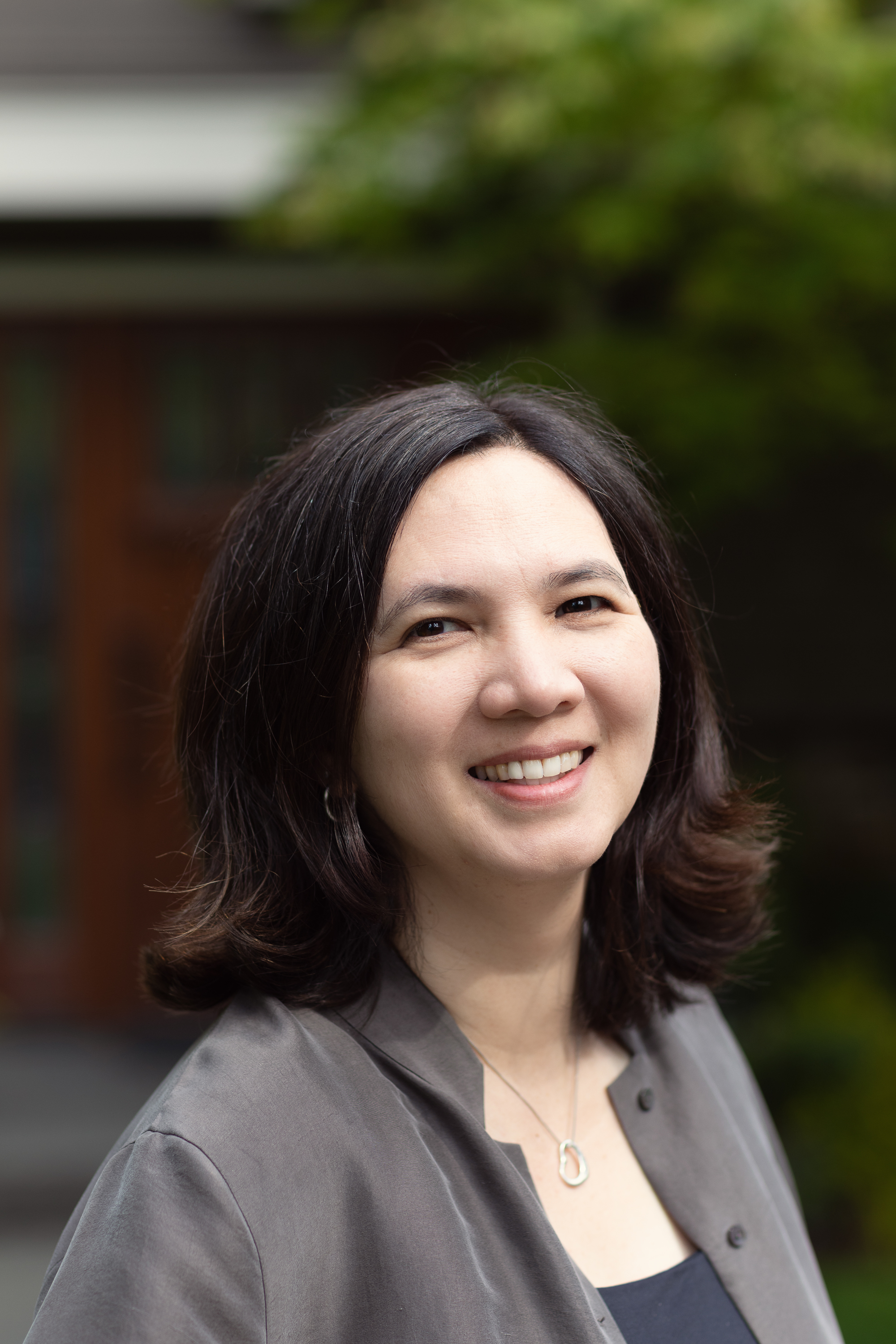 | Maggie Mai Tucker (MOT, 2008) |
2019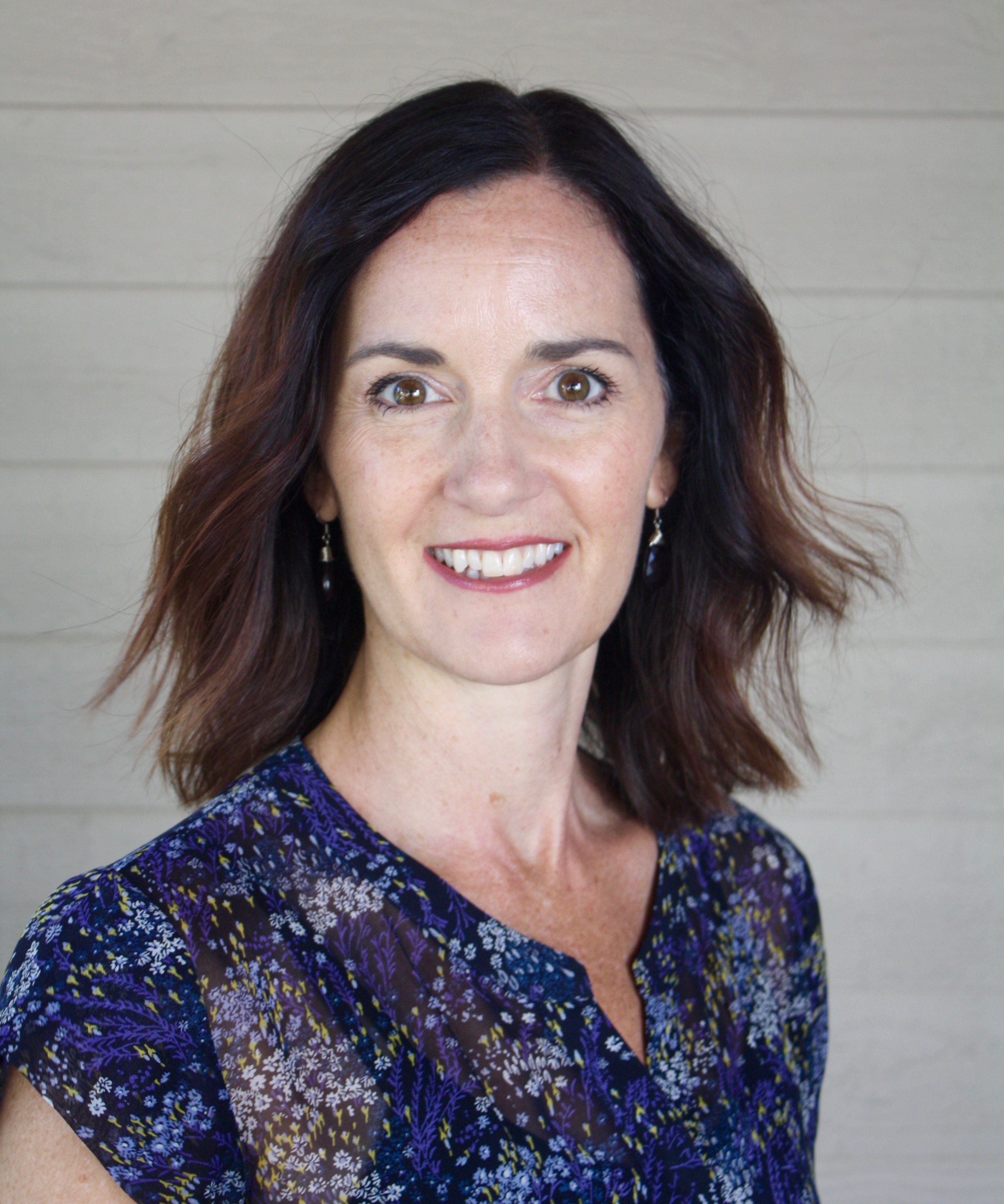 | Renee Watling (MS, 1998) |
Student Financial Award Recipients
Each year, we are able to award several partial scholarships to students through the generous gifts made by alumni and friends. These awards are made on a competitive basis to second-year students who demonstrate academic merit and financial need.
Elizabeth M. Kanny Endowed Student Support Fund for Occupational Therapy Students
In 2019, former director of the UW Occupational Therapy Program, Elizabeth Kanny, established a fund for students who have demonstrated a commitment to diversity or who have overcome personal or educational obstacles.
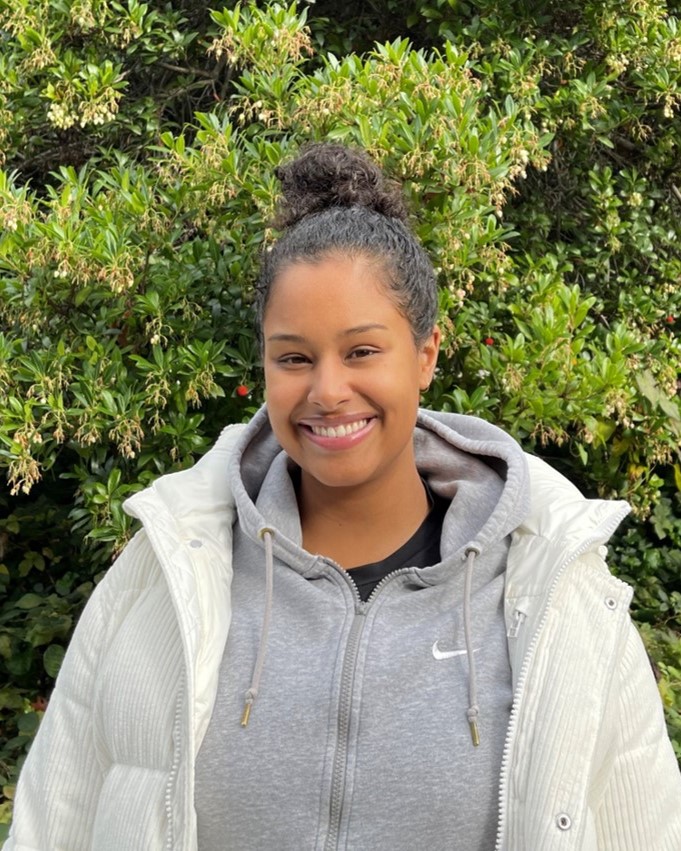
Elise Dziko
BA in Psychology and Criminal Justice
Seattle University, WA
My younger sister went to OT as a child, and that made me want to have the ability to help other children like her. I realized OT is the perfect mix of working with both someone’s mind and body. I am very interested in either working in an inpatient acute setting or working in an outpatient pediatric clinic.
Patricia A. Folsom Endowed Fund for Occupational Therapy Students
Established in 2011 by UW MOT alumna Patricia Folsom to help MOT students offset the costs associated with attending school.
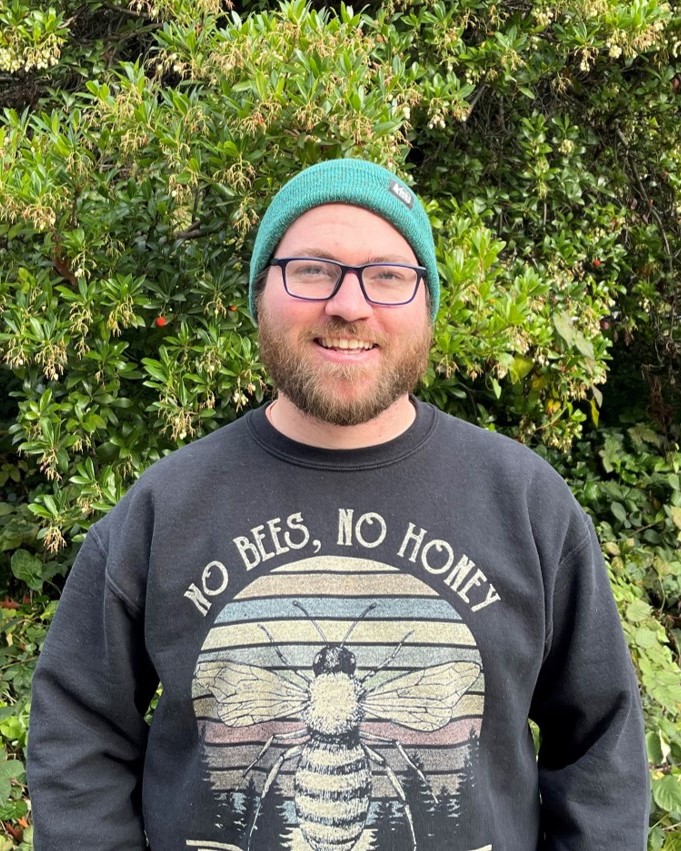
Alex Kirschner
BS in Secondary Education and Biology
Marian University, IN
I was drawn to OT because of the incorporation of the whole individual and the focus on that individual’s personal goals. Having worked in inclusive summer camps and non-profits, I am excited to be working with individuals in the rehabilitation side of medicine. Currently, I am interested in pediatrics and neurorehab.
Fallon Endowed Scholarship Fund
Established in 1989 by Walter and Dorothy Fallon in honor of their daughter’s unfulfilled wish of becoming and occupational therapist. This fund is intended to help dedicated occupational therapy students complete their education and make a positive contribution to the field.
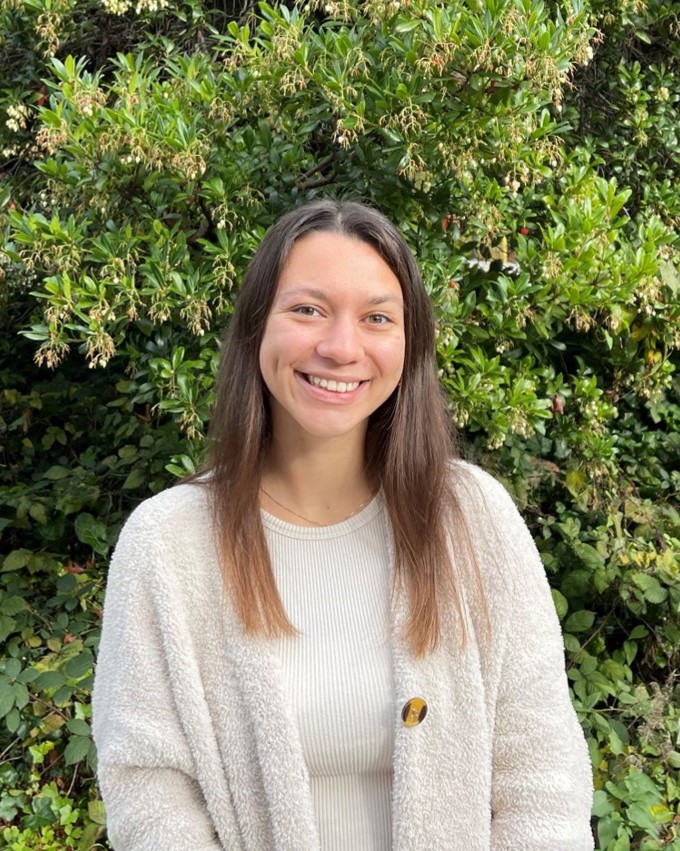
AnnMarie Colavito
BS in Health and Exercise Science
Virginia Commonwealth University, VA
I was introduced to OT when I shadowed in a hand therapy clinic that focused on post-surgical therapy and wound care. I love the wide scope of what OT can do and that I can practice in a wide range of settings and specialties. I am interested in focusing my OT career in a burn ICU or on traumatic brain injury!
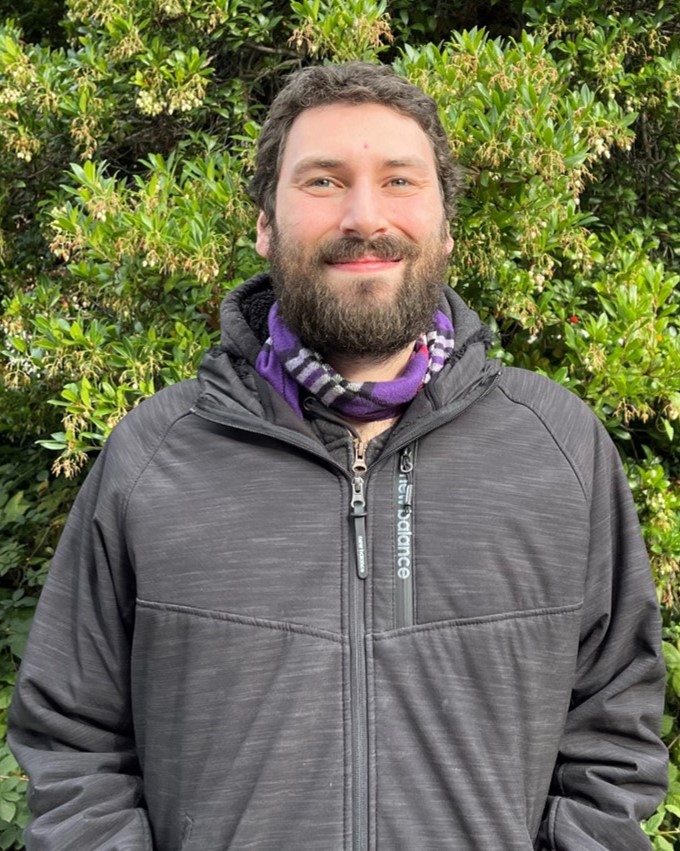
Drew Haupt
BAS in Environmental Studies
Evergreen State College, WA
I was introduced to OT working at a public school. I enjoyed seeing the creative ways that OTs can help students meet their goals and had fun picturing ideas for expanding on that. I am looking forward to graduating and working in the school system again, as I find that work deeply rewarding.
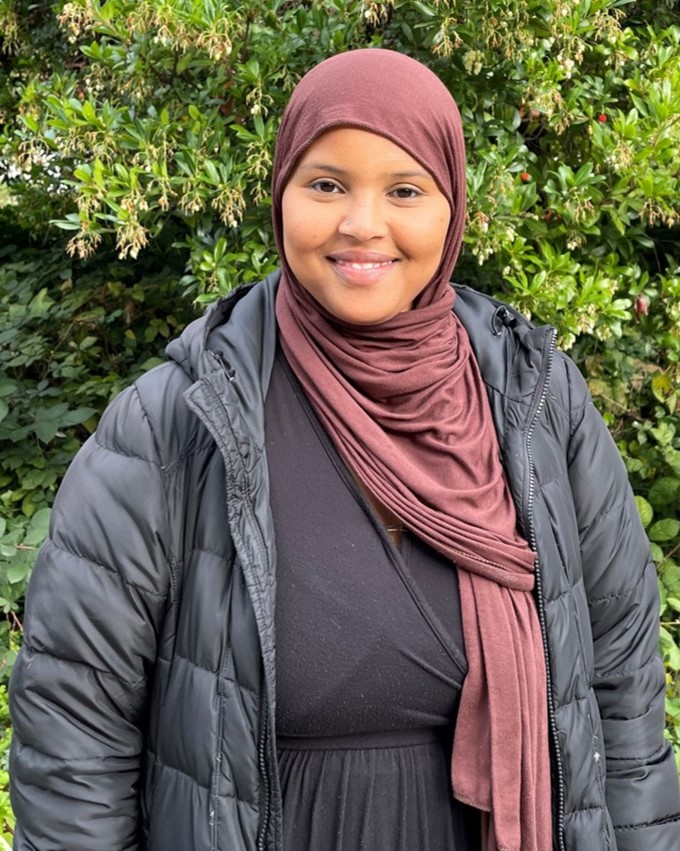
Fatima Mahamoud
BA in Public Health
University of Washington, WA
I became interested in OT through my daughter’s experience in Early Intervention Services. OT helped us figure out the HOW of doing the things she enjoyed. It really helped me to re-evaluate my perceptions of disability and what it means to participate in life. I hope to add meaning to the lives of children and their families in my own OT career.
Admissions Overview
Learn more about the program
Tour (In person)
The tour will cover those locations most frequented by MOT students. Maximum of 12 attendees. The next tour will be scheduled during Summer Quarter. Details to come.
Applicant Q&A Sessions (Virtual)
These sessions are an opportunity for applicants to ask questions about the MOT Program and admissions.
Register here for May 2, 2024 | 8 – 8:30 AM (PST) - with academic counselor
In keeping with the University of Washington and Department of Rehabilitation Medicine commitment to diversity, we seek students who are dedicated to providing culturally responsive services in an increasingly diverse world. In our holistic admissions process, we consider a balance of an applicant’s experiences, attributes, and academic history. Our admissions reviews are conducted entirely online and do not include an interview. Please review all application instructions and requirements carefully, ask us for clarification, and prepare and submit the complete application by the deadline. We do not grant exceptions or extensions for submitting application materials, and we require complete applications for review.
2023-24 Application Cycle
Application deadline was December 1, 2023, for Autumn 2024 entry. Decisions were emailed to applicants on Feb 23, 2024.
2024-25 Application Cycle
Applications will open in mid-July to December 2, 2024, for Autumn 2025 entry.
Admissions Criteria
Applicants must meet all the requirements listed below.
Language Requirements
- Students must meet the UW Graduate School’s English language proficiency requirement at time of admission.
Education
- A bachelor’s degree from a regionally accredited college or university in the US (or equivalent from a foreign institution).
- All majors are accepted.
Grade Point Average (GPA)
- A Cumulative GPA of 3.0 or higher on a 4.0 scale for all college-level courses (includes undergraduate, graduate, and prerequisites courses)
- A Prerequisite GPA of 3.0 or higher on a 4.0 scale for all completed prerequisites
- No more than one prerequisite grade of 2.7 (B-)
OT-related Experience
- This video goes into greater detail.
- A minimum of 20 hours is required from the following list of options:
- Clinical site observation
- Shadowing or interviewing OT or OTA
- Completion of online OT module designed by a university
- Rehabilitation-related research participation
- Work or volunteer experience with persons with disabilities
Prerequisite Coursework
- 7 required prerequisite courses
- All 3 natural sciences and 2 of the 4 social sciences must be graded at the time of application submission.
- Courses must be taken at a regionally accredited institution of higher education which may include traditional or online courses at universities, community colleges, or AP scores/CLEP posted as earned college credit on an official college transcript.
- Courses do not expire but we do expect applicants to be knowledgeable and comfortable with the material.
- Download this prerequisite checklist to help organize your coursework.
- This video goes into greater detail.
Program Costs
| Autumn 2023 | Academic Year 2023-24 | Total Cost (2.25 years) | |
| Resident Tuition & Fees | $6,359 | $25,436 | $57,231 |
| Non-Resident Tuition & Fees | $11,060 | $44,240 | $99,540 |
| Books (Hardcopies) & Supplies | - | $800 | $1,600 |
| Misc. Fees | - | $364 | $613 |
We provide a breakdown of miscellaneous fees and other considerations here. Costs may vary on some items and tuition can change with the start of a new academic year.
How to Apply
We highly recommend prospective students allow at least one year to prepare the program application in addition to the time needed to complete the prerequisite courses. This will help ensure that all materials are submitted by or before the deadline. All program communications will be via email. Utilize this checklist to help you stay organized.
Application Deadline
Entry to Autumn 2025 - Dec 2, 2024 9:00 PM (PST)
How to Apply
To be considered for admission to the University of Washington Master of Occupational Therapy Program, you must:
- Meet the requirements listed in the Admissions Overview
- Submit an application through the Occupational Therapy Centralized Application Service (OTCAS)
- Submit the University of Washington Graduate School application
| Materials | OTCAS | UW Graduate School |
Transcripts From all colleges or universities attended. | Official required at time of application | Unofficial accepted until admitted |
GRE General Test Scores No longer required. | NO | NO |
Letters of Recommendation 3 electronic letters are required. Choose references who can speak to your potential as an occupational therapist, for example a professor, supervisor, or OT. | YES | NO |
OT-related Experience Minimum of 20 hours required. See Admissions Overview for list of options. | YES | NO |
Non-OT Experience Any volunteer, work, and extracurricular activities. | YES | NO |
2 essays OTCAS Personal Statement (no character limit), UW specific essay (3500 character limit includes spaces). | YES | NO |
Application fees Check application websites, fees vary from year to year. | YES | YES |
Questions?
Contact ot@uw.edu
Resources
For more information about resources available from the UW and life in the area, visit our life in Seattle page.
Professional OT Links
- American Occupational Therapy Association
- American Occupational Therapy Foundation
- AOTA Job Board
- National Board for Certification in Occupational Therapy
- Washington State Occupational Therapy Association
